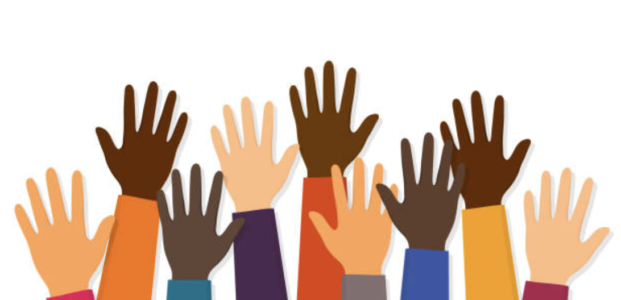How can engaged under 18’s be part of the political process?
With the Federal election in sight after what has been a trying few years, for people under 18, it is completely disheartening to be unable to head to the polls and cast their vote.
Young people are really politically motivated at the moment – whether it’s about climate change, sexual consent education, gender identity and more – kids are aware and engaged with what our governments are doing about it, but powerless to be a part of the process.
It has been a particularly emotional election cycle, not only from the pandemic and natural disasters, but for sexual consent and gender equality. We have seen the testimonies of Brittany Higgins, Rachelle Miller, as well as the allegations left behind about Christian Porter. We have seen our leaders need their wives to explain sexual assault to them. We’ve seen attempts from caabinet ministers to sue for calling people ‘rape apologists’. We have seen the treatment of Grace Tame by the government and media. We have seen advocates for consent education take huge leaps and then major setbacks. And through all of that, we are asking young people to sit back and simply hope for better.
Enfranchising young people in the political process is extremely important for a healthy democracy. The youth enrolment rate (18-24 year old’s) is currently sitting at 85.4% and has been increasing over the past several years. Growing this number and keeping young people interested and engaged ensures its longevity and maintains the level of accountability needed to combat against both corruption as well as tackling ongoing issues such as sexual assault and other gender based policies.
To get anywhere on issues of sexual consent – it’s essential to listen to the voices of young people who are just starting to learn how to navigate it in their lives. It is also important to set the standard on sexual consent at the legislative level, as young people will have this impression of sex and consent for the foreseeable future. Forming a government that it going to strike the right tone in areas of sexual consent education, consent laws, workplace safety laws and protections for women and the LBGTQAI+ community is important to think about during every election cycle.
So what can young people do during election periods?
FIRST, if you are 17, you are able to enroll to vote, making sure that you will be all set for the first election at any level of government once you turn 18.
SECOND, start looking at the different political parties now – that way when it’s your turn you’ll know exactly which parties line up with your values, instead of scratching your head when you’re looking at the ballot in a few years and just voting for who your parents vote for. You can also keep track of policies on sexual consent, as well as your local member’s voting history in parliament.
THIRD, make sure you learn about how our political system works: that means the parliament, how to vote – the LOT. If more people understand how the government is made up and the way preferential voting influences results, the better off our political system will be in the long run, even if it’s not for this election cycle – no more “it’s too complicated and boring, it doesn’t affect me, I don’t care” talk. You could do this independently, but even as an adult, most of my understanding of our systems are based on what I learnt in high school Legal Studies. Even sit down and watch the Election Day coverage if you have time!
LASTLY, talk to everyone you know – engage with your friends, family and peers about issues that you know and care about. While you shouldn’t try to start a fight at dinner every night, if you are coming from a place of knowledge, passion and mutual respect, you’ll have a better chance getting your point of view across and getting people motivated.
It’s only a matter of time before you’ll be able to vote, but that doesn’t stop you from using your voice, mind and drive in the meantime.

